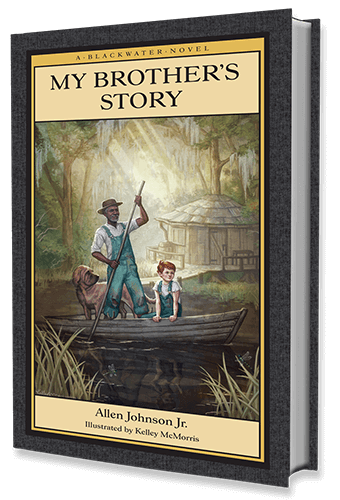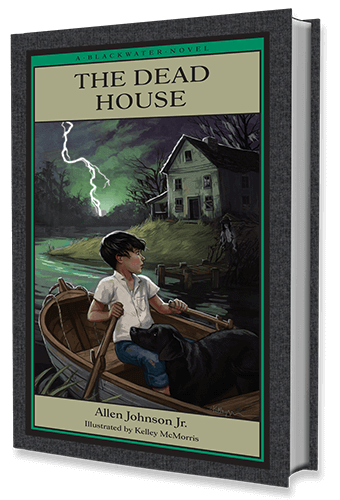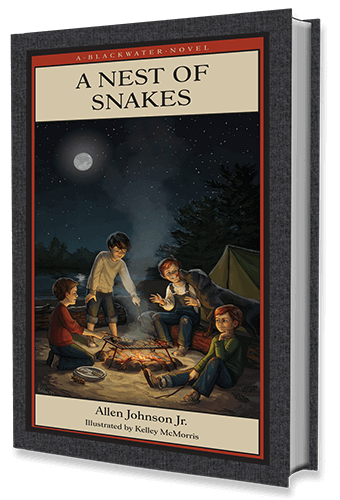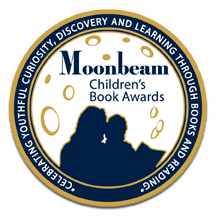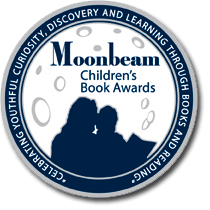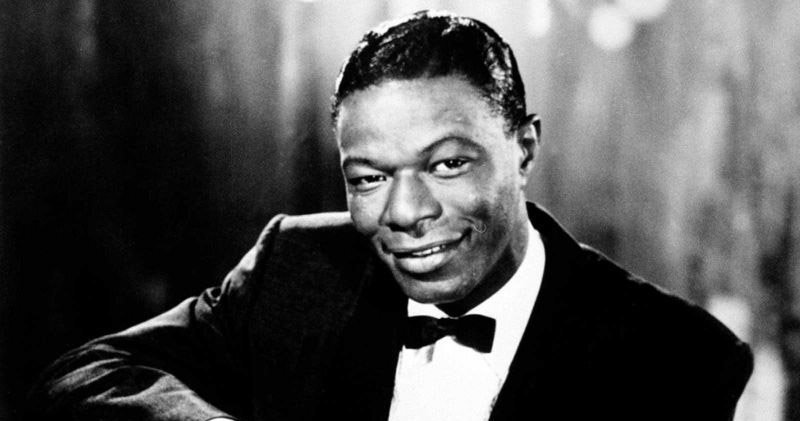 I was in the Birmingham Municipal Auditorium with five thousand other Nat King Cole fans listening to the master sing. It was early in the performance. I was sitting just to the left of the center aisle. I heard the thump, thump, thump of running feet and, in the dim light, saw shadowy figures crouched over running towards the stage. “Fans,” I thought, “running up for a better look.”
I was in the Birmingham Municipal Auditorium with five thousand other Nat King Cole fans listening to the master sing. It was early in the performance. I was sitting just to the left of the center aisle. I heard the thump, thump, thump of running feet and, in the dim light, saw shadowy figures crouched over running towards the stage. “Fans,” I thought, “running up for a better look.”
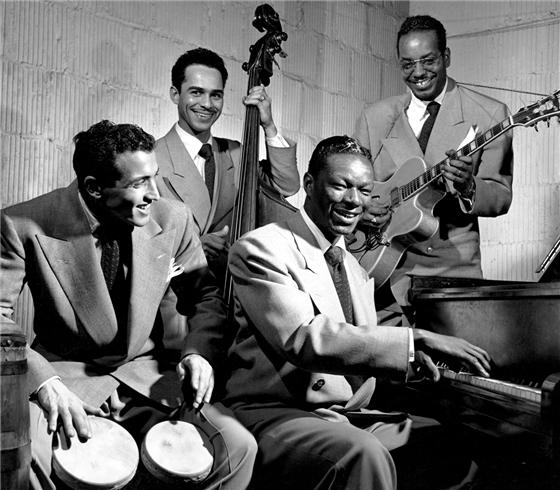 Security was tight. There were five or six burly policemen on either side of the stage. The front of the stage was protected by a wide orchestra pit. When the running figures reached the orchestra pit, they jumped it, caught the edge of the stage and pulled themselves up. One dived for Nat King Cole’s legs. Cole went down. The police quickly moved in from the wings. Then, as if we were Romans watching gladiators, five thousand people watched a pitched battle on the stage: heads split by nightsticks, teeth flying, blood spattering . . . The thugs were quickly subdued, and Cole was helped from the stage. Thousands of women started to cry. Thousands of men took off their jackets wanting to fight. The police took the thugs away. There was no one to fight. The crowd, on its feet, started to clap. A standing ovation went on and on for five to ten minutes. Finally, Cole’s manager came on stage, and the applause died away.
Security was tight. There were five or six burly policemen on either side of the stage. The front of the stage was protected by a wide orchestra pit. When the running figures reached the orchestra pit, they jumped it, caught the edge of the stage and pulled themselves up. One dived for Nat King Cole’s legs. Cole went down. The police quickly moved in from the wings. Then, as if we were Romans watching gladiators, five thousand people watched a pitched battle on the stage: heads split by nightsticks, teeth flying, blood spattering . . . The thugs were quickly subdued, and Cole was helped from the stage. Thousands of women started to cry. Thousands of men took off their jackets wanting to fight. The police took the thugs away. There was no one to fight. The crowd, on its feet, started to clap. A standing ovation went on and on for five to ten minutes. Finally, Cole’s manager came on stage, and the applause died away.
“Mr. Cole would come back out,” he said, “but he thinks he may have hurt his back, and he wants to go to the hospital to have it checked out.”
A voice from the audience—near the stage—called out what we all felt,
“Just tell him we’re sorry!”
The ovation started again and continued for a long time.
Poor Birmingham really didn’t need another stain from racial hatred.
When this event has been reported, the emphasis has always been put on the violence and hatred behind the attack. But this was from just a few thugs.
I choose to focus on the massive outpouring of love and admiration behind the apology.
